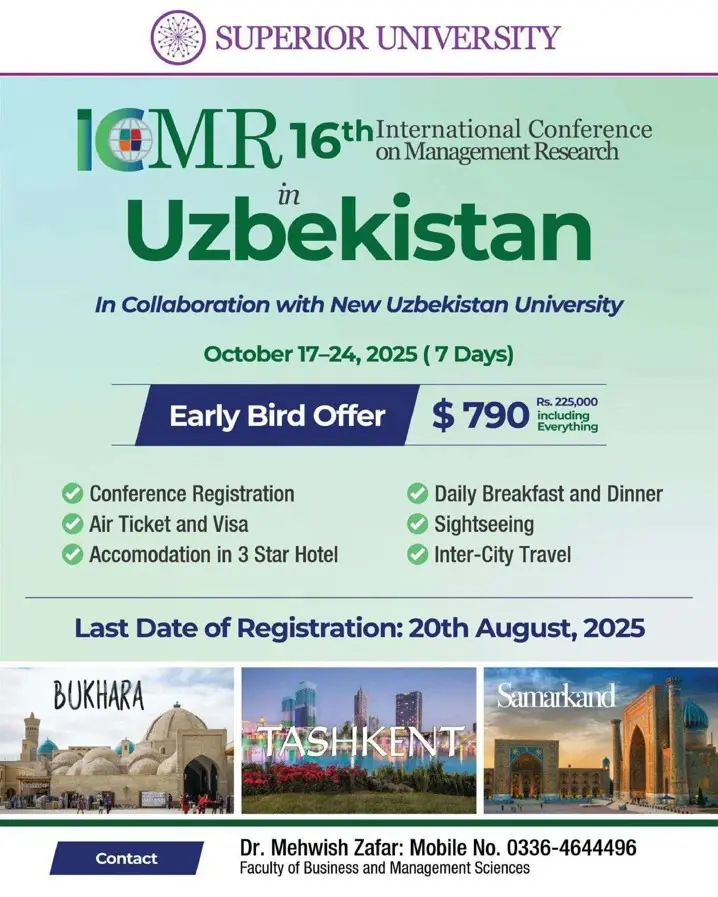


Employee motivation is more than just pay and benefits. Some companies overlook this and think that their employees are satisfied with the market wages and other financial benefits they offer. However, these are only the basic requirements for employees to do their jobs. To ensure that employees are committed and enthusiastic about their work, the most successful companies use other strategies to boost their motivation. When employees want to put in effort into their work, they are motivated. Motivated employees will do more than what is expected of them to help their company succeed.
Employee motivation is influenced by the degree of effort they are willing to exert in their work. Direction, intensity, and persistence are three basic components of motivation; as motivation affects what people do at work, how hard they work, and how long they work. Motivated employees perform tasks that are necessary and helpful, even without being asked. They also work with high energy and speed to complete their tasks quickly and efficiently. They do not give up easily and keep working until they finish their tasks. Unmotivated employees do the opposite. They only do the minimum required to avoid trouble. They work slowly and lazily. They quit working as soon as they can.
Employees who are motivated have a desire to make a difference and will keep working hard throughout the day. They are dependable and do more than just the bare minimum. They stick to their tasks until they are completed.
Maximizing Employee Motivation
Many actions that company leaders can take can increase employee motivation. These actions make employees feel appreciated and supported. Below are some best practice recommendations.
Satisfy Basic Psychological Needs: According to self-determination theory, people have three basic needs that motivate them: autonomy (feeling in control of our lives), competence (feeling able to perform well) and relatedness (having close bonds with others). Companies can use these existing motivations to design jobs that satisfy these needs. By giving employees more freedom and self-management, they address autonomy. By offering chances for learning and development, they address competence. By fostering good relationships with leaders and peers, they address relatedness.
Reward Employees Beyond Money: Many managers think that rewarding employees is too costly. However, rewards are not only about money. There are other things that can boost motivation besides pay, such as intangibles like appreciation (“thank you”), praise (“great job”), and offers of help (“let me know if you need help with that”). Some rewards can also be cheap, such as inviting someone to lunch or giving everyone a company t-shirt.
Interactional Justice Is Key: Motivation can be destroyed by unfair treatment. People need to feel that rewards are given using a fair system. If one person gets a reward for doing something, everyone who does the same thing should get the same reward. Favoritism, whether real or imagined, can damage motivation.
Developing Trust In Leadership: Employees need to feel that leaders are honest and transparent. Trust is built by being consistent and sharing information. Leaders should act the way they want their employees to act and do the things they ask of others. Employees are motivated by having a leader they trust.
Value Your Employees: Motivation is mutual. Employees need to feel valued if they are going to value their companies. Feeling valued means employees believe their company cares about their health, safety, and well-being as people and not just parts of the machine. The best way to show employees that you value them is to value them. In other words, employee welfare should be a top priority, and should be taken into account in all decisions that affect people. For every action, leaders should ask themselves how it will impact their people, and how negative impact could be reduced.
A key responsibility of leaders is to inspire their employees. This can be achieved by paying attention to the needs and welfare of employees. By putting in effort to take care of employees, leaders can create a positive cycle of motivation, effort, and performance. Employees who feel motivated will work harder and perform better, which will in turn motivate them more and make them more loyal to their leaders and companies.

Dr. Muhammad Zia Aslam is an Assistant Professor of Business Management at Superior University Lahore, Pakistan. He has a Ph.D. in Management from the University of Malaya, Kuala Lumpur, Malaysia


Please note that all opinions, views, statements, and facts conveyed in the article are solely those of the author and do not necessarily represent the official policy or position of Chaudhry Abdul Rehman Business School (CARBS). CARBS assumes no liability or responsibility for any errors or omissions in the content. When interpreting and applying the information provided in the article, readers are advised to use their own discretion and judgement.
If you are interested to write for CARBS Business Review Contact us!